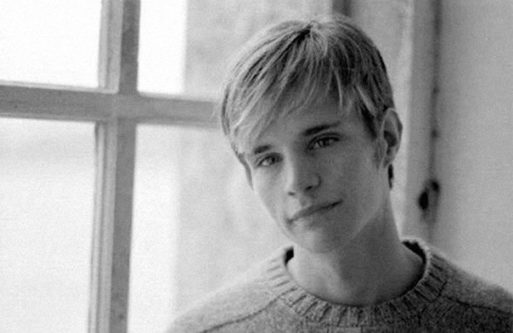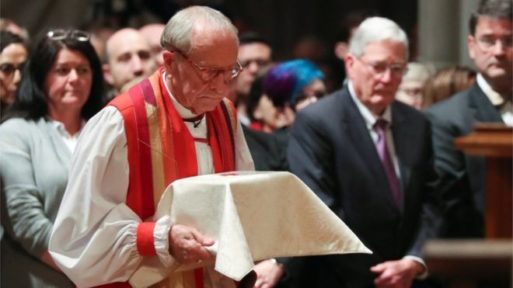Last week in Washington D.C., thousands of Americans gathered to honor the memory of Matthew Shepard as his ashes were interred at the National Cathedral 20 years after his death at the age of 21. Matthew, an openly gay University of Wyoming college student, was robbed and severely beaten by Russell Henderson and Aaron McKinney on October 6, 1998. The two assailants, who repeatedly referred to Shepard as a “fag” and a “queer” during their interrogation by police, tied Shepard to a fence post and left him to die. Matthew was rescued when a passerby called police, but succumbed to his injuries without ever regaining consciousness on October 12, 1998.

Credit: matthewshepard.org
Matthew’s death quickly gained national attention — the brutal nature of the attack and the homophobia behind it galvanized the LGBT community and the country as a whole. Even before Matthew’s parents, who were living in Saudi Arabia at the time, arrived, hundreds of well-wishers had gathered at the Colorado hospital where Matthew languished on life support. After his death, Matthew’s boyish face became a symbol of the fight for gay rights in the United States. Over 700 supporters attended his memorial service in Casper, Wyoming. Sadly, the memorial was also picketed by the Westboro Baptist Church, an outspoken Kansas-based hate group famous for the vile message: “God hates fags.”
Keeping Matthew Safe
After his death, Matthew’s parents, Dennis and Judy Shepard, wanted to have his ashes interred in a public place. But, recognizing that Matthew could be a target of hate crimes even after his death, they kept his ashes safely at home. Meanwhile, the couple became outspoken advocates for LGBT rights. In 1998, on Matthew’s 22nd birthday, they announced the formation of the Matthew Shepard Foundation, an organization they continue to run to this day, touring the country speaking on behalf of the LGBT community.
Dennis and Judy were also responsible for much of the lobbying effort that resulted in the passage in 2009 of the Matthew Shepard and James Byrd Jr. Hate Crimes Prevention Act, which changed federal hate-crime laws to include crimes motivated by a victim’s “actual or perceived gender, sexual orientation, gender identity or disability.”
An Emotional Event
The interment ceremony at the National Cathedral was an emotional event, both for the Shepards and those who came to honor the young man who lost his life 20 years before. The Right Rev. Marriann Edgar Budde, the Episcopal Bishop of Washington, and the Right Rev. Gene Robinson, the first openly gay bishop in the Episcopal Church, presided over the ceremony, which took on the tone of a political rally at times. Rev. Robinson, in particular, urged those watching to take action to protect the rights of all marginalized communities, especially transgender people, whose rights are being targeted by the Trump administration right now. “If you are here just to pay your respects and to remember Matthew, it’s not enough,” Robinson said, repeatedly urging attendees to “Go vote.”

Rev. Gene Robinson holds the ashes of Matthew Shepard during Matthew’s interment ceremony
Credit: BBC.com
Still, the overall tone of the ceremony was one of honor and respect for a young man who died simply because he was gay. At once a celebration of his brief life and a memorial marking his death, the event a gave Judy the opportunity to speak directly to the parents of other LGBT kids:
“We loved Matt, and we lost him to violence. You still have your child, please welcome him back into your family. Love them as parents should do,” Judy said.
At the conclusion of his homily, a tearful Rev. Robinson added, “Gently rest in this place. You are safe now, Matt. Welcome home.”

 Matthew Shepard Finds a Home
Matthew Shepard Finds a Home



 “As Tears Go By” by Marianne Faithfull
“As Tears Go By” by Marianne Faithfull
 “The Sea” by John Banville
“The Sea” by John Banville














